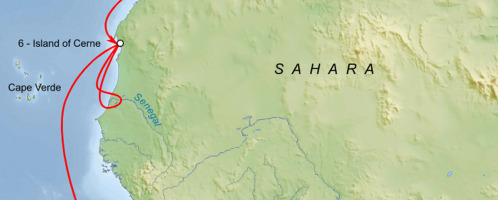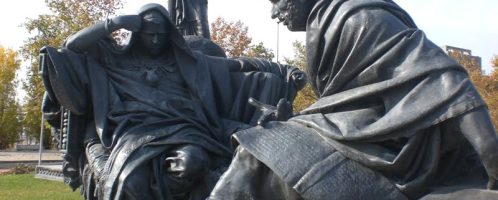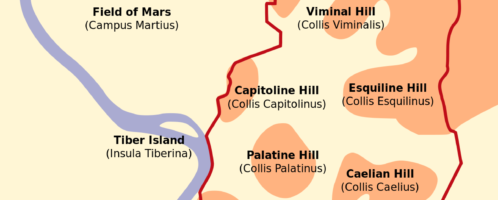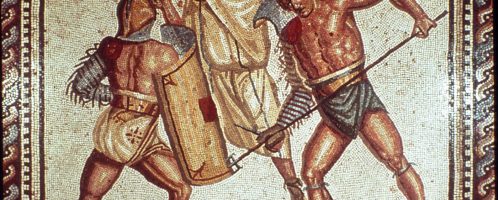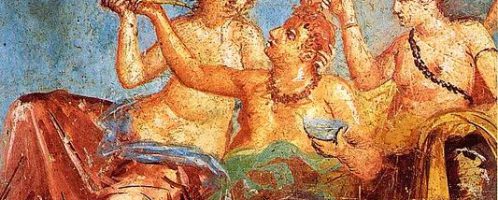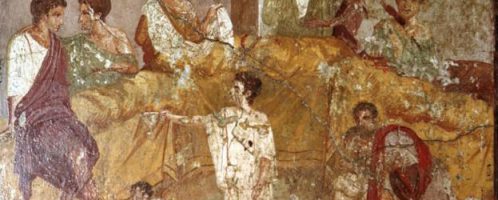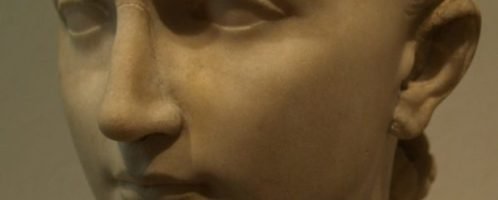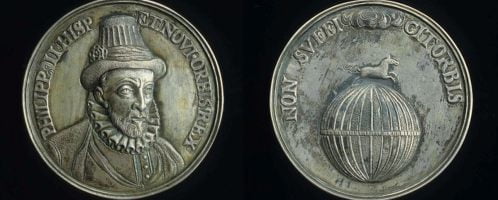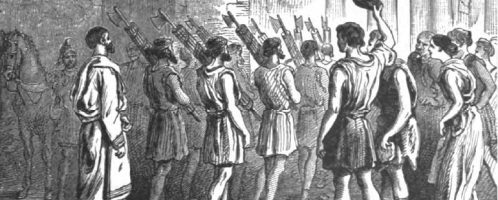If you have found a spelling error, please, notify us by selecting that text and pressing Ctrl+Enter.
Curiosities of ancient Rome (Unknown facts)
Unknown Facts are curiosities revealing little-known, surprising, or rarely discussed information from the world of ancient Rome and antiquity. This category includes unusual details, curiosities, and facts that offer a less obvious perspective on the Roman Empire.
Sea expedition of Carthaginian admiral Hanno
Hanno was a high Carthaginian admiral who lived in the 6th or 5th centuries BCE and who commanded a sea expedition that passed through the “Pillars of Heracles” (Strait of Gibraltar) and sailed along the coast of West Africa. We know about the expedition thanks to two copies of periplus1, preserved in Greek.
Seneca the Younger and Nero
The philosopher Seneca the Younger was one of those Romans who condemned public executions and lamented the influence they had had. they are on viewers. Ironically, it was his pupil, Nero, who became famous for his immoderate cruelty, which also manifested itself in his practice of throwing Christians to lions to eat.
Fear of fighting in arena
The performances in the Roman Arena were terrifying that the victims led to death resorted to any way to take your own life sooner. Seneca the Younger describes the case of a German who – under the pretext of having a bowel movement in a void – put a stick in his throat to cleanse feces.
Vomiting during feast was not routine
The custom of vomiting (by skilfully manipulating a feather or a slave’s finger) during Roman feasts, although mentioned in various sources, almost always applies to only a few Roman emperors (Vitellius, Claudius, Nero; the latter helped himself with enemas); the other thing is that we know less about the figures of the lower class – few of them have their own biographies.
Roman feast ended with drinking
Commisatio was the last part of the Roman feast (cena). At that time, the revelers consumed large amounts of wine, which was accompanied (similar to the Greek symposium) by discussions and reflections.
Julia was example of unfaithful wife
Augustus’ daughter Julia was an example of an unfaithful wife. Although in 11 BCE she became the wife of Tiberius, she did not avoid romance and love outside the marriage bed. Julia’s scandalous conduct resulted in Tiberius leaving for Rhodes in 6 BCE.
Fall of consular dignity in middle of 1st century BCE
In the middle of the 1st century BCE, the Roman republic experienced a real systemic crisis. A perfect example of this is 59 BCE when the consulate was held by Marcus Calpurnius Bibulus (son-in-law of Caton the Younger) and Gaius Julius Caesar.


